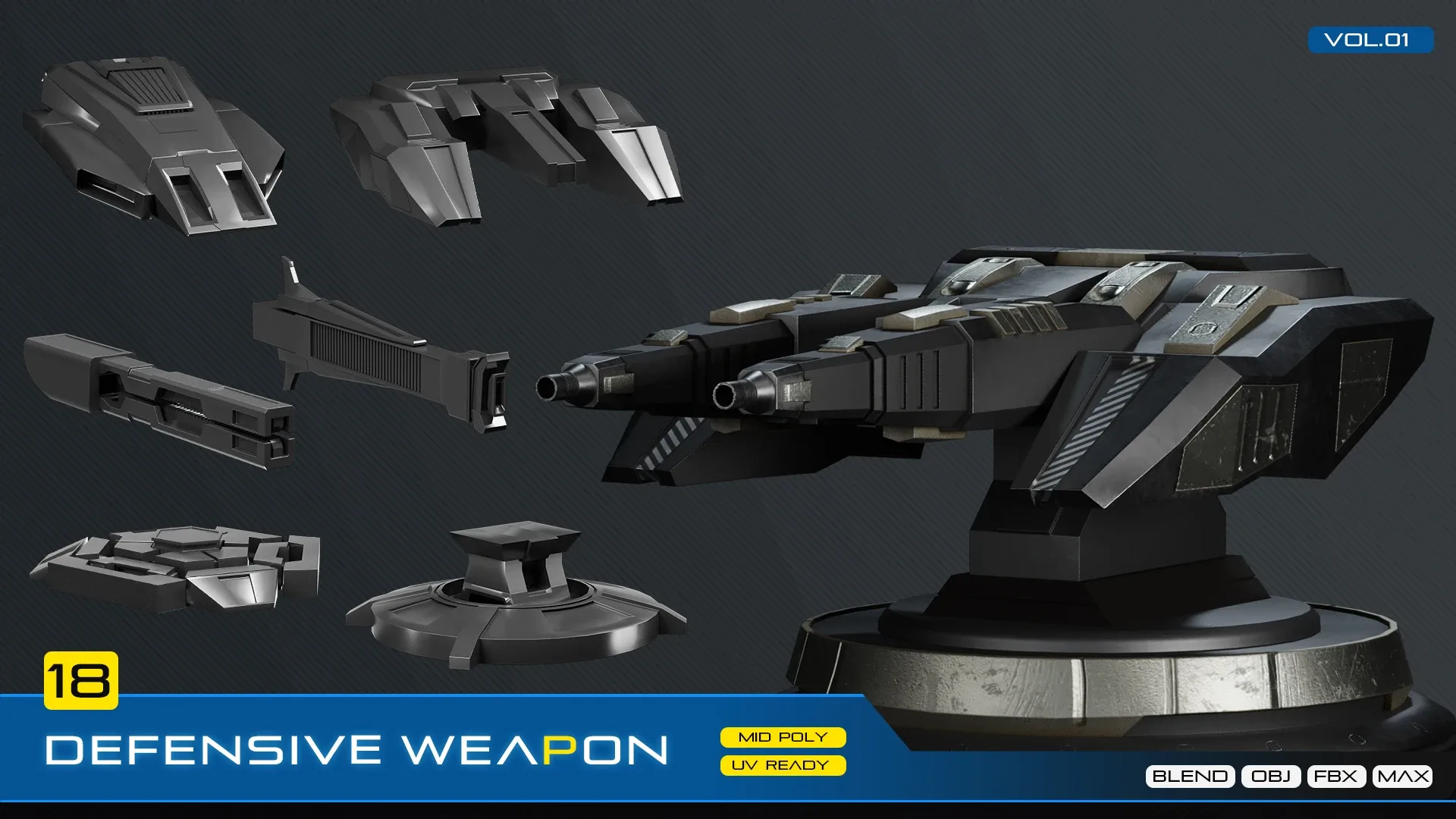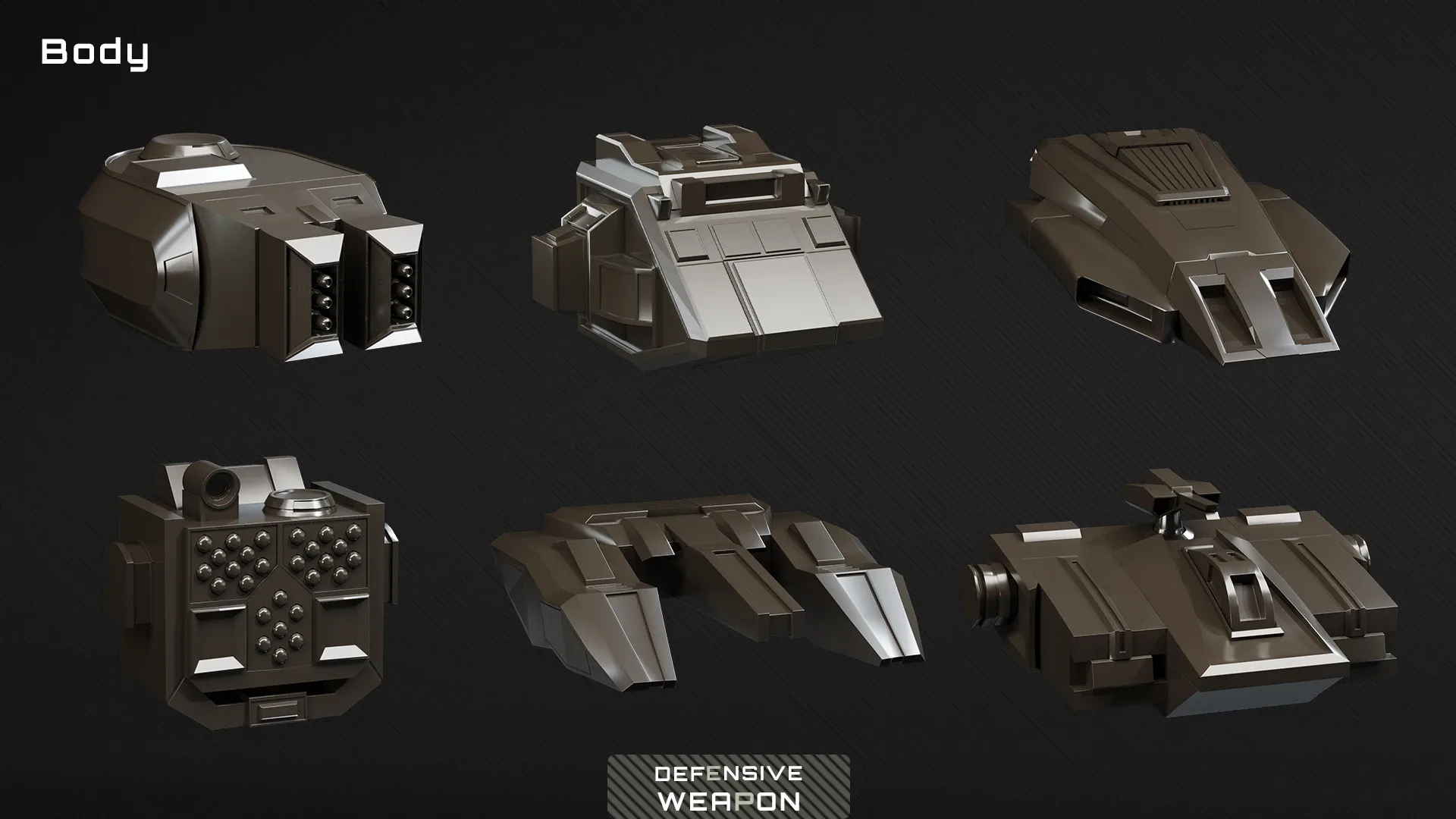Comprehensive Guide To Approved Defensive Weapons: Safeguarding Yourself Legally
In today's uncertain world, understanding the concept of approved defensive weapons has become increasingly important for personal safety. Whether you're concerned about self-defense or simply want to stay informed, it's crucial to know what tools are legally available to protect yourself. Approved defensive weapons offer individuals the means to defend themselves without crossing legal boundaries.
As society evolves, so does the need for personal safety measures. People are increasingly turning to defensive tools as a way to ensure their security. However, navigating the legal landscape surrounding these devices can be tricky. This guide aims to simplify that process by providing you with all the essential information you need to make informed decisions.
This article will cover everything from what constitutes an approved defensive weapon to the laws governing their use. By the end, you'll have a comprehensive understanding of how to safeguard yourself legally while staying within the confines of the law. Let's dive in!
Read also:Date Night Ideas Mn
Table of Contents
- What Are Approved Defensive Weapons?
- Legal Considerations for Defensive Weapons
- Types of Approved Defensive Weapons
- Choosing the Right Defensive Weapon for You
- How to Use Defensive Weapons Safely and Effectively
- The Importance of Training in Defensive Weapon Use
- Laws Regarding Defensive Weapons by State
- Proper Storage of Approved Defensive Weapons
- Common Myths About Defensive Weapons
- Conclusion: Empowering Yourself with Knowledge
What Are Approved Defensive Weapons?
Approved defensive weapons refer to tools or devices that are legally permitted for use in self-defense situations. These weapons are designed to incapacitate or deter an attacker without causing lethal harm. The approval process varies depending on jurisdiction, but common examples include pepper spray, tasers, stun guns, and certain types of batons.
The primary purpose of approved defensive weapons is to provide individuals with a means of protection without escalating violence unnecessarily. They serve as a non-lethal alternative to firearms, making them ideal for situations where immediate but controlled force is required.
Understanding the distinction between approved and unapproved weapons is vital. Unapproved weapons often fall into gray areas of legality or outright bans due to their potential for excessive harm. Always check local regulations to ensure compliance.
Legal Considerations for Defensive Weapons
Before purchasing or using any defensive weapon, it's essential to familiarize yourself with the legal landscape. Laws governing approved defensive weapons vary significantly by country, state, and even city. Some key considerations include:
- Age restrictions: Many jurisdictions set minimum age limits for purchasing or carrying defensive weapons.
- Permit requirements: Certain weapons may require permits or licenses, especially in areas with strict regulations.
- Carry restrictions: Open carry, concealed carry, or both may be subject to specific rules depending on location.
- Use of force laws: Understanding when and how to use a defensive weapon legally is crucial to avoid legal repercussions.
For instance, according to the National Conference of State Legislatures, some states impose strict limits on carrying tasers, while others allow them freely. Always consult official resources or legal experts to stay informed.
Types of Approved Defensive Weapons
Pepper Spray
Pepper spray is one of the most widely used approved defensive weapons. It works by irritating the eyes, nose, throat, and skin of an attacker, rendering them temporarily incapacitated. Available in various sizes and strengths, pepper spray is portable and easy to use, making it a popular choice for personal protection.
Read also:Does Grubhub Have Live Chat Unlocking The Realtime Support Experience
Tasers
Tasers deliver an electric shock to temporarily disable an attacker. They are effective at creating distance between you and a threat, giving you time to escape. However, tasers often require permits and training to use legally, so always verify local laws before purchasing.
Stun Guns
Stun guns function similarly to tasers but require direct contact with the attacker. They deliver a powerful electric shock that can incapacitate without causing permanent damage. Like tasers, stun guns may be subject to legal restrictions.
Choosing the Right Defensive Weapon for You
Selecting the appropriate defensive weapon depends on several factors, including your personal needs, comfort level, and legal considerations. Consider the following:
- Portability: How easy is the weapon to carry daily?
- Effectiveness: Does it meet your self-defense requirements?
- Legal compliance: Is it permissible in your area?
- Training: Do you need additional instruction to use it safely?
For example, if you prioritize convenience, pepper spray might be the best option. If you prefer a tool with more stopping power, a taser could be more suitable. Assess your unique circumstances to make the right decision.
How to Use Defensive Weapons Safely and Effectively
Using an approved defensive weapon requires both knowledge and practice. Here are some tips to ensure safe and effective usage:
- Read the manual thoroughly to understand your weapon's capabilities and limitations.
- Practice regularly to build muscle memory and confidence in handling the device.
- Know when to use your weapon—only in legitimate self-defense situations where there is imminent danger.
- Be aware of your surroundings to avoid accidental harm to bystanders.
Training is essential for mastering defensive weapon use. Many organizations offer courses specifically designed to teach safe handling and deployment techniques.
The Importance of Training in Defensive Weapon Use
Training plays a critical role in maximizing the effectiveness of your defensive weapon while minimizing risks. Proper training teaches you:
- How to assess threats accurately.
- When and how to deploy your weapon responsibly.
- Techniques for minimizing collateral damage.
- Legal implications of using force in self-defense scenarios.
According to a study published in the Journal of Self-Defense Studies, individuals who undergo formal training are significantly less likely to misuse defensive weapons. Investing time in education ensures you're prepared for real-world situations.
Laws Regarding Defensive Weapons by State
State-by-State Variations
Defensive weapon laws differ greatly across the United States. For example:
- California: Strict regulations on tasers and stun guns, requiring permits in some cases.
- Texas: Relatively lenient laws, allowing most approved defensive weapons without permits.
- New York: Heavy restrictions on certain types of defensive tools, including tasers.
Referencing resources like the American Legislative Exchange Council (ALEC) or consulting legal professionals can help you navigate these differences effectively.
Proper Storage of Approved Defensive Weapons
Storing your defensive weapon safely is paramount to preventing accidents and unauthorized access. Follow these guidelines:
- Keep the weapon in a locked container when not in use.
- Store it in a secure location out of reach of children.
- Ensure the weapon is easily accessible in emergencies without compromising safety.
Proper storage not only protects others but also maintains the weapon's functionality over time.
Common Myths About Defensive Weapons
Misinformation about approved defensive weapons abounds. Here are some common myths debunked:
- Myth: All defensive weapons are legal everywhere. Fact: Regulations vary widely by jurisdiction.
- Myth: Defensive weapons are foolproof. Fact: They require proper training and maintenance to function correctly.
- Myth: Using a defensive weapon guarantees safety. Fact: Real-world outcomes depend on the situation and your ability to use the weapon effectively.
Educating yourself about these myths empowers you to make better decisions regarding personal safety.
Conclusion: Empowering Yourself with Knowledge
In summary, approved defensive weapons provide individuals with vital tools for self-protection while adhering to legal standards. By understanding the types of weapons available, their legal implications, and proper usage techniques, you can enhance your safety without compromising legality.
We encourage readers to share this article with others who may benefit from its insights. Additionally, consider exploring related topics on our website to deepen your knowledge further. Together, we can create a safer world through informed action. Remember, knowledge is power, and empowerment begins with education.


